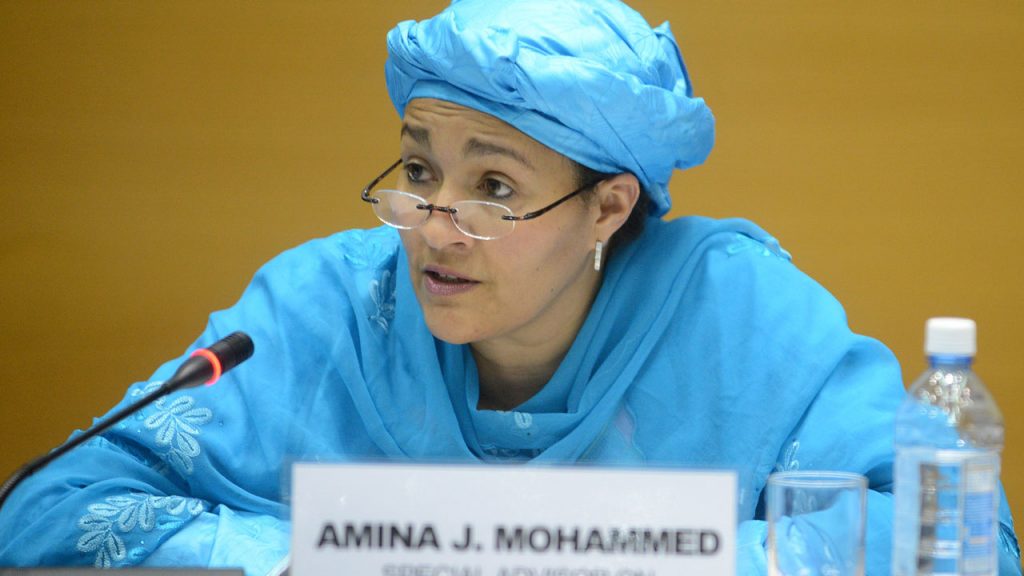The nine member-states of the Niger Basin Authority (NBA), Nigeria, Cameroun, Guinea, Mali Republic of Benin, Burkina Faso, Cote d’Ivoire, Guinea, Mali, Niger and Chad, are to commit $6.44 million towards reviving the Basin and improving the lot of the people living therein.The funds are to also facilitate access to hydro-power and boost agricultural production in the region.
President Muhammadu Buhari, who disclosed this during the opening ceremony of the Council of Ministers meeting yesterday in Abuja, decried the deteriorating state of the basin hugely spurred by the combined effects of climate and human activities.
“This phenomenon is heavily compromising the future of the ever increasing population of the Niger Basin through the intensity and number of environmental, social and economic problems it is inducing,” he said.
While expressing concerns at the security situation within the basin and the entire West and Central African region, Buhari noted that the implementation of the Operational Plan NBA would provide job opportunities for the youths in the areas of agriculture, livestock, fisheries and conservation of the basin’s natural resources.
He said by so doing, the institution would contribute to the fight against idleness and lack of future prospects for the youths which could lure them into extremism as observed over the years.
Represented by the Minister of Environment, Hajiya Amina Muhammed, the President said the investment outlay was developed with the active participation of representatives of all member- countries for select 350 investment and capacity building actions for the benefit of countries and the basin’s secretariat.
In his remarks, the Chairman of NBA Council of Ministers and Nigeria’s Minister of Water Resources, Suleiman Adamu, stressed the need for member- countries to contribute at least 10 per cent for the funding of the operational plan, adding that a new sharing formula had been formulated.
Recall that the Basin was established in November 1980 to “promote cooperation between member-countries and ensure an integrated development of the Niger Basin in the areas of hydraulics, energy, agriculture, livestock, fisheries as well as fish farming, forestry and logging.”

